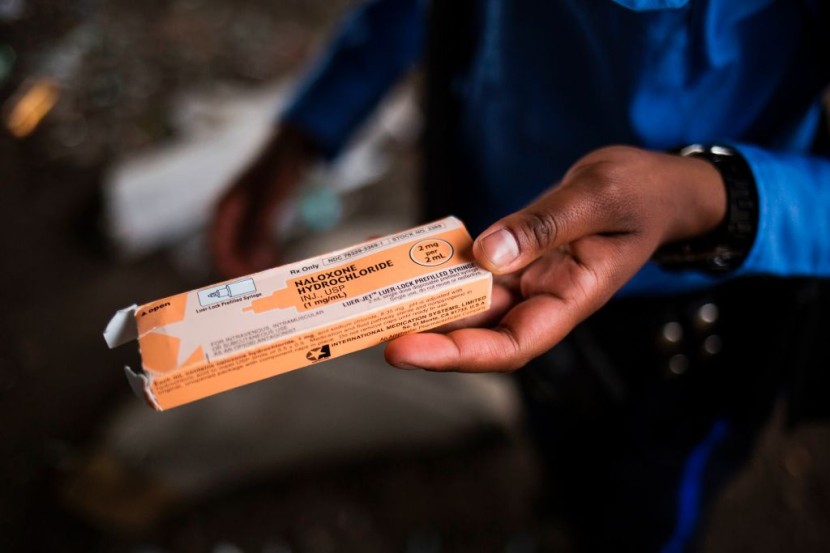
Pennsylvania reportedly logged over 5,000 drug-related deaths in the state in the last 12 months ending in April. This figure is relatively high compared to other states. That's why there's an ongoing concern among residents and health experts.
According to reports, Pennsylvania also ranked fifth-largest contributor to the national drug overdose count. But what's most concerning for health officials is the fact that lawmakers in the state do not know how to address the issue.
Democratic, Republican lawmakers struggling amid opioid crisis
While at a Health and Human Services Committee meeting, Democratic Sen. Judy Schwank, who introduced a bill to have drug abuse treatment centers start paying for their licenses, encouraged those in charge of the group to hold hearings and invite all parties.
Schwank said that Pennsylvania residents are looking at ways to help, but they first need to understand the seriousness of the situation.
Republican Sen. Michele Brooks, the head of the committee, said that some of her proposals would burden drug abuse treatment centers because they are already dealing with the massive workforce shortages and the aftermath of the pandemic.
Brooks also seemingly blames the Department of Drug and Alcohol Programs for being tone-deaf on what providers are saying they need to help address the ongoing drug crisis in the state.
During the meeting, Schwank and Brooks also pointed out that there are many proposed bills submitted in Harrisburg, but only one or two were passed and became a law. But none of these laws represent a new or significant approach that can otherwise help lessen the drug crisis in the state.
But Secretary Jennifer Smith said that the department is doing everything they can in response to the increased drug use and deaths in Pennsylvania.
"The combined impacts of the COVID-19 pandemic and the addiction crisis have been deeply felt in all corners of our state. here is no one-size-fits-all way to tackle these issues," Smith said via The Morning Call.
Pittsburgh EMS workers receive new training amid rising drug-related deaths
In Pittsburgh alone, 67 overdose-related calls were made to EMS. By March 2021 alone, the EMS reported 92 drug-related calls, which reached 114 one month later.
Pittsburgh was forced to train EMS workers on how to communicate with someone dealing with opioid overdose.
According to Post-Gazette, the Office of Community Health and Safety announced its pilot program on Monday. The organization's latest venture focuses on how first responders will respond to overdose calls with buprenorphine.
The FDA-approved medication helps reduce opioid dependency by activating opioid receptors in the brain.
The city's goal is to help jumpstart the recovery process by adding buprenorphine to the EMS tool kit.Earlier this month, PA Homepage also reported on a $26 billion opioid settlement to help Pennsylvanians recover from their addiction. Once the settlement is received, it is expected to help those dealing with overdose and drug dependency as early as 2022.
Related Article: Man Pleads Guilty To Supplying Mac Miller's Dealer With Fentanyl-Laced Drugs; Rapper Did Not Commit Suicide
© 2026 HNGN, All rights reserved. Do not reproduce without permission.








